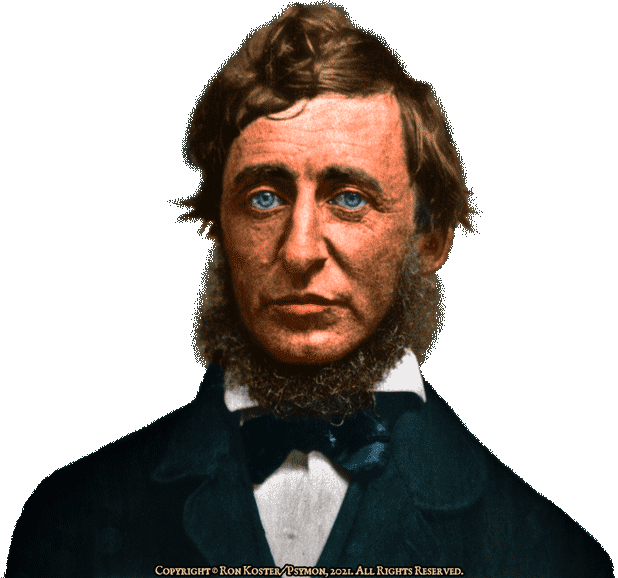Transcendence:
Amos Bronson Alcott

Maxims on Education

Bronson Alcott’s Journals have yielded numerous points of wisdom for posterity to ponder, and perhaps nowhere is this more aptly demonstrated than in 1826-7, when Mr. Alcott penned his “General Maxims” for teachers. Noted as a philosopher, reformer and lecturer, Mr. Alcott’s earliest and most lasting contributions arc to be found in the field of education. Mr. Alcott was among the first to assign a great measure of respect and dignity to this profession, and he attempted many practices which today would be considered quite commonplace, but in his time were deemed deranged and dangerous.
The fifty-eight maxims are gentle cautions and words of counsel to teachers as to their role in and influence upon the young minds under their care. Although some of the maxims scan to be religious in tone, most are simple and to the point, and all convey Mr. Alcott’s love for and devotion to children, and affirm his strong belief in their ability to think for themselves taken in context, and interpreted for the needs of the modem world, these maxims remain honorable ideas and ideals all teachers can still uphold.
General Maxims: By which to regulate the instructor’s practice in instruction
- To teach, with a sense of accountableness to the profession
- To teach, with reference to eternity
- To teach, as an agent of the Great Instructor
- To teach, depending on the Divine Blessings for success
- To teach, as the former of Character, and the promoter of the collective happiness of Man
- To teach, to subserve the great cause of philanthropy and benevolence
- To teach, distinct from all sinister, sectarian and oppressive principles
- To teach, with charitable feelings toward all rational and animal beings
- To teach, distinct from prejudice, from veneration of antiquity and from excess of novelty
- To teach, to improve the science of instruction and of mind
- To teach, duty appreciating the importance of the profession
- To teach, awed by the clamours of ignorance, yet governed by the dictates of wisdom
- To teach, nothing from subservience to custom
- To teach, with unremitted solicitude and faithfulness
- To teach, appreciating the value of the beings to whom instruction is given
- To teach, regarding the matter as well as the manner of instruction
- To teach, that alone, which is useful
- To teach, in imitation of the Saviour
- To teach, by exact uniform example
- To teach, in the inductive method
- To teach, gradually and understandingly, by the shortest steps, from the more easy and known, to the more difficult and unknown
- To teach, by the exercise of reason
- To teach, illustrating by sensible and tangible objects
- To teach, by clear and copious explanation
- To teach, by a strict adherence to system 26. To teach, by simple and plain unambiguous language
- To teach, by short and perfectly obtained lessons
- To teach, by encouragement 29. To teach, but one thing at the same time
- To teach, but one thing at the same time
- To teach, interestingly
- To teach, principly a knowledge of things, not of words — of ideas, not names
- To teach, by consulting in the arrangement of lessons, that proportion of variety which is adapted to the genius and habits of the young mind
- To teach, by keeping curiosity awake
- To teach, nothing that pupils can teach themselves
- To teach, as much as possible by analysis
- To teach, by exciting a laudable ambition for excellence, guarding against its opposite
- To teach, endeavouring to make pupils feel their importance by the hope which mankind placed in their conduct
- To teach, endeavouring to preserve the understanding from implicit belief, and to secure the habit of independence of thought and of feeling
- To teach, endeavouring to invigorate and bring into exercise all the intellectual, moral and physical powers
- To teach, attempting to associate with literature the idea and perception of pleasure
- To teach, attempting to induce the laudable ambition of progressive improvement
- To teach, by consulting the feelings of scholars 43. To teach, with animation and interest
- To teach, by furnishing constant, useful, and as much as possible, pleasing employment
- To teach, treating pupils with uniform familiarity, and patience, and with the greatest kindness, tenderness and respect
- To teach, by cultivating the collective happiness of the school
- To teach, by consulting the collective happiness of the school
- To teach, by persuasion, not by coercion
- To teach, by comparison and contrast
- To teach, by allusion to familiar objects and occurrences
- To teach, without indolence and discouragement
- To teach, pupils to teach themselves
- To teach, by intermingling Questions with instruction
- To teach, with relation to the practical business of Life
- To teach, endeavouring to fix things in the understanding rather than words in the memory
- To teach without bringing pupils in comparison with one another, or touching the spring of personal emulation
- To teach, with reference to habit
- To teach, with Independence
❦
Questions? Comments? Bug report?
☞ Contact Me! ☜
❦
Acknowledgements
All original text, graphics and web deisign of this entire site
are copyright © Ron Koster/Psymon, 2021 (except as otherwise noted)
and may not be reproduced or distributed in any manner
without explicit permission.
See: A Note on Copyright.
All Rights Reserved.
|




